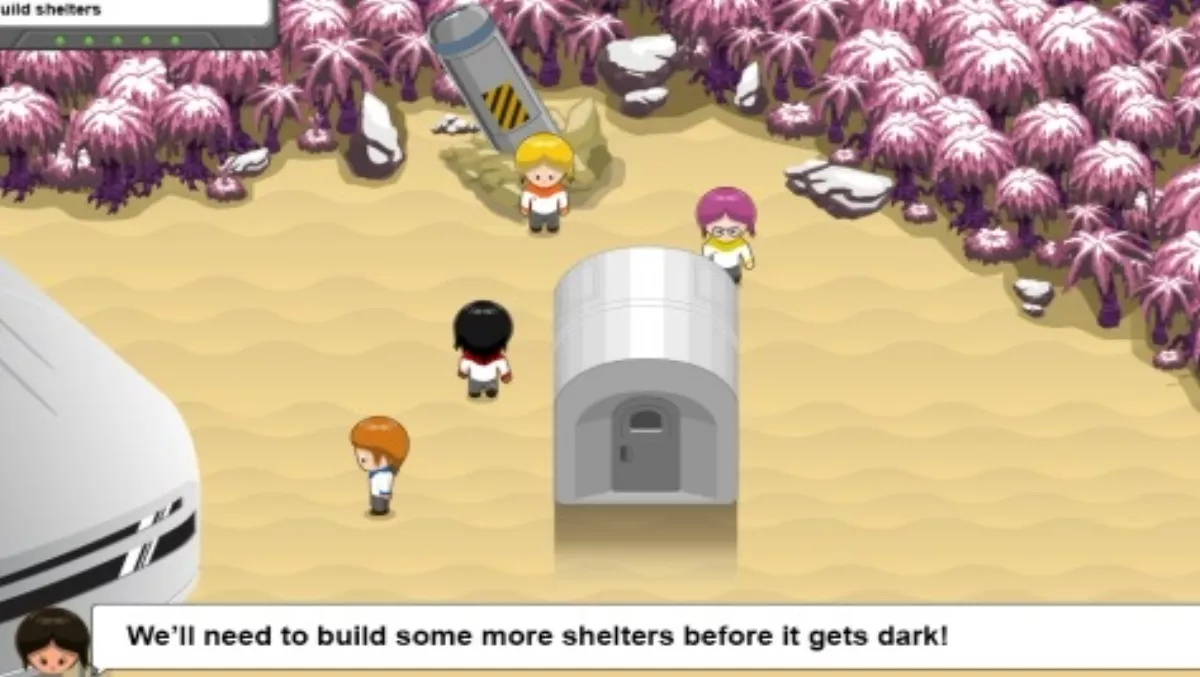
New anti-bullying computer game to promote cultural change in schools
A partnership between Deakin University researchers and a Melbourne-based community organisation have created a computer game designed to prevent bullying.
The prototype of the new game Safekeeper will be unveiled at an event at Melbourne Zoo today.
Dr Michael Hobbs, Deakin School of IT senior lecturer, has led the project design team, in conjunction with Creating A Safe Supportive Environment's (CASSE) 'Peaceful Schools Program' (PSP), to develop the game based on altruism and cooperation.
“Quite unlike many computer games, which are designed based on some kind of conflict or competition, the game we have developed rewards altruistic 'upstanding' behaviour and helps develop conflict resolution and bullying prevention skills,” says Hobbs.
About 20 students from schools who have used the Peaceful Schools Program helped the faculty researchers develop the elements of Safekeeper, which is based around a space module falling to a new planet.
Hobbs says “survivors need to work together to stay safe and the high school students actually created many of the characters and scenarios.”
He says the university was thrilled when CASSE approached them earlier in the year to help develop the concept.
“It has given our researchers an opportunity to develop a game that is not only cutting edge in terms of design, but can offer a real-world solution to the widespread problem of bullying in schools,” he says.
The plan for the game was announced earlier this year and Hobbs says the team had spent the past five months creating a prototype that will be showcased for the first time tomorrow.
Peaceful Schools Program Director Carolyn Aston said the game seeks to foster enhanced understanding among students and teachers about the benefits of altruistic behaviours.
“The result is the first step in a game that is appealing to kids that schools and parents can encourage them to play,” says Aston.
“Safekeeper incorporates peer issues in challenging scenarios in which characters have a choice of options and are rewarded for altruistic behaviour and teamwork.
“This can help them how to be ‘upstanders’ when in conflict situations in real life, improving their capacity to be more inclusive and kinder people.”
The Peaceful Schools Program is an Australian-first and is largely driven by students. It promotes cultural change in school communities by training students teachers and parents how to identify power dynamics bullying and stress and intervene thoughtfully and empathically to achieve peaceful outcomes.
Aston says that screen time, what kids are watching and how much time they are spending online, is a huge issue.
"Cyberbullying and the links between violent computer games and real-life violence are all too frequent headline topics," she says.
"However, there is also terrific potential for online gaming to be used as a means of promoting altruistic behaviour and preventing bullying. We are very excited to have collaborated with Deakin University on this project.”


